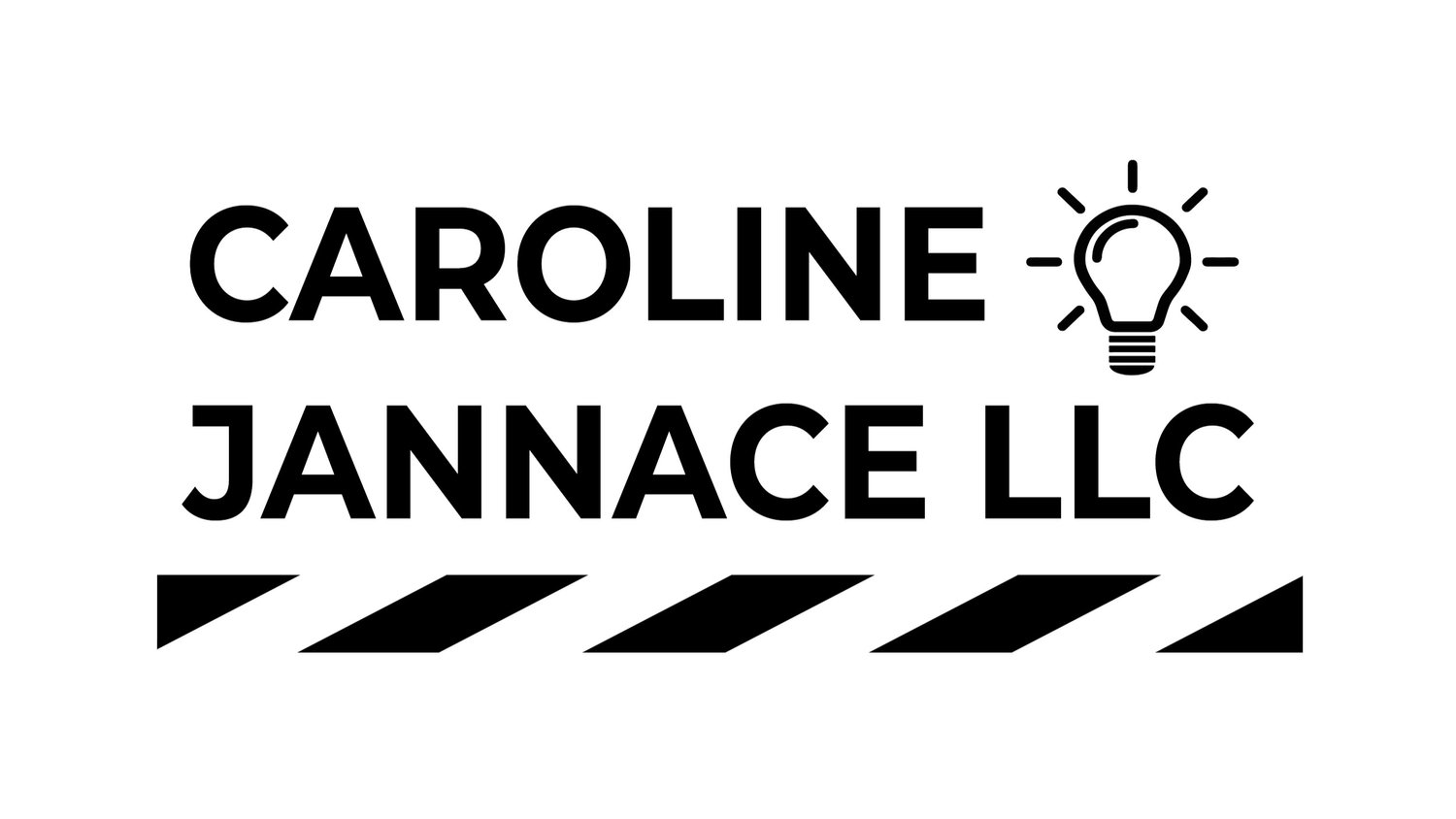W2 vs 1099: The Basics
Disclaimer: I am not an accountant and you should definitely refer to an accountant for financial questions/guidance.
A student from the aforementioned course I guest lectured sent me an email asking me to break down one of the suggestions I made: Do at least one 1099 gig a year.
Her question: “What is a 1099 job and what sort of fields do these jobs cover? Are they more lighting jobs or are they also management jobs? What sort of benefits do these jobs offer that we should be trying to get one at least once a year? Do they cover some sort of health care and retirement plan?”
My Answer: 1099 is a type of tax classification for a job. It is the most common way contractors and freelancers get paid.
There are 2 types of jobs you can be paid to work, 1099 and W2. The biggest difference is if taxes come out of your paycheck or not/ when you pay taxes. If you've worked a job anywhere it was likely W2 which is the standard for most places where taxes are withheld from your paycheck (you probably filled out this form called a W4). 1099 work is for contractors which in broad terms is someone who does a “one off” job or is hired just for a day/ length of a project. 1099 jobs require you to fill out a form that looks like this and has no tax withholding information on it.
In the production world employees are often 1099 if the show's only a week/weekend long or you're only working one or two days of a gig.
The paycheck you get will be all the money you made without taxes being taken out, if you make over $500 with a company they will send you a 1099 form at the end of the year telling you that you owe $x amount in state and federal taxes. (W4 jobs send you a W2)
The benefit of 1099 work is once you do one 1099 job you have the ability to write off expenses. These expenses can include uniforms (dress blacks), membership fees, travel/commuting fees, even if you bought someone coffee and talked about work; I write off all my Hulu/Netflix etc, any books I bought about the industry and some of my equipment (obviously under the guidance of a good accountant and having all my receipts bc the IRS might audit you at any point). The downside is you have to make sure you save some money on the side to pay these taxes (my rule of thumb is if you get a check for $500 put aside $50 to cover your taxes) Personally my main income in TV is taxed but I work for about 13 companies a year, all mixed tax status so all my 1099 work, which is typically companies I only do a handful of days for, goes into a separate bank account so I don't worry about forgetting to put money aside for my taxes or what I write off covers what I would've been taxed.
Tips and Tricks:
Keep a filled out W4, W9, and i9 form that you update each year on a USB or in the Cloud to easily send to jobs.
If you have an LLC, do your 1099 work through it.
I personally put all my 1099 work into a High Yielding Savings account so it incurs the max interest. (I use Chime and only put my 1099 money in that account so I don’t actually spend it)
Consider doing your taxes quarterly to stay on top of your taxes.
Find a good accountant ideally one who is experienced with entertainment industry workers (I have a wonderful NYC based accountant, just ask!)
Basic Glossary:
W4: A tax form you submit at the start of a job classifying your tax status as an employee, withholding taxes from your paycheck.
W2: The tax form you get from your W4 employers at the end of the fiscal year telling you how much taxes have been withheld and how much you made in the year.
W9: A tax form you submit at the start of a job classifying your tax status as a contractor, taxes are not withheld from your paycheck.
1099: The tax form you get from your W9 employers at the end of the fiscal year telling you how much you made in the year.
Other People's Breakdowns: https://www.integrated-payroll.com/difference-w2-employee-1099-employee/
Quick Links:

